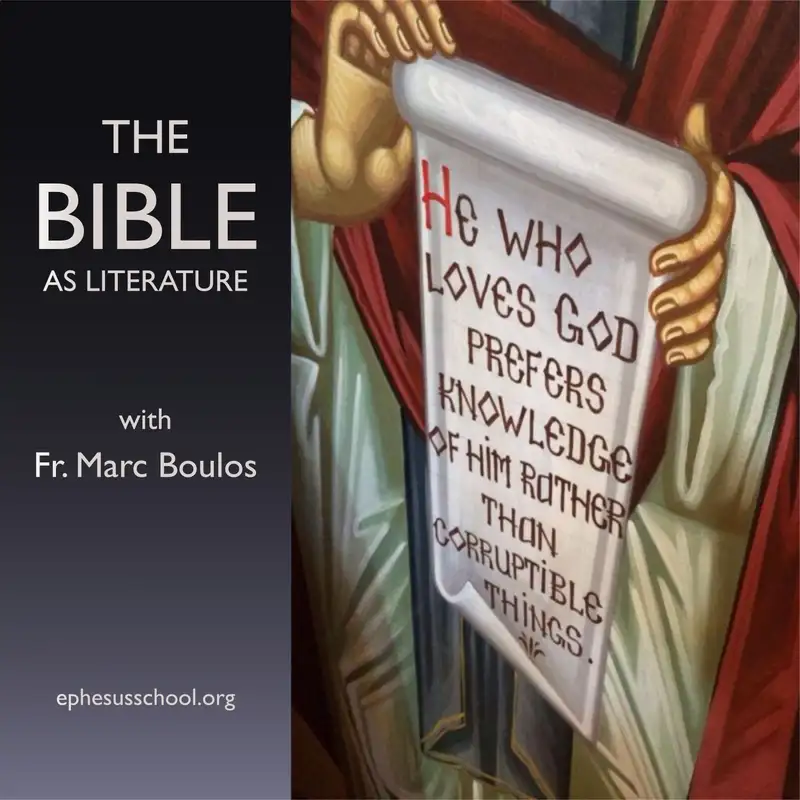
God is the Light
Evil always dresses in a garment of light. It hides in plain sight. It smiles. It’s friendly. It’s comforting. It’s dishonest. It appears as something it’s not.
Take, for example, that seemingly innocuous campfire song all your children have been taught to sing at your silly church camps: “This Little Light of Mine.” Like a mother who possesses children; like a tribe that possesses land; like those who refuse to let go of what God destroys—or worse, those who wickedly imagine they can compensate for God’s will by loving their neighbor—like a spoiled child clamoring for a toy.
Yes, this little hymn of the Antichrist twists the teaching of the Gospel of Luke into a fascist anthem that leads, at worst, to genocide—and at best, to a mind-numbing theology of the cult of self: the worship of money, human reason, community, and ultimately, state power.
“This little light of mine?”
Are you kidding me? Do you really think the place men dared not tread is now yours to share? Do you know what you’re talking about? Do you really believe the light upon which Moses dared not gaze is yours to adorn with coverings, like a pet?
Think. No—do not think. Hear.
To what did Luke refer in chapter 8 when he said lampstand? Container? Cover? What do any of these things have to do with you and your church camps?
He who has ears to hear, let him hear.
This week, I discuss Luke 8:16.
Show Notes
ἅπτω / נ-ג-ע (nun-gimel-ʿayin) / ن-ج-ع (nūn-jīm-ʿayn)
Greek: to set on fire. Hebrew: to touch, strike violently, reach, or afflict. The Arabic cognate نَجَعٌ (najaʿ) refers to 1. the effect of the action, 2. being effective, or 3. having an impact or benefit—for example, a statement or teaching; in modern usage, a medicine. In a nomadic context, it signifies the departure or migration of people or animals in search of pasture or sustenance.
λύχνος / נ-ר (nun-resh) / ن-و-ر (nūn-wāw-rāʾ)
Light, lamp. The Arabic cognate نُور (nūr) functions as “light” or “illumination.”
καλύπτω / כ-ס-ה (kaf-samek-he) / ك-س-ى (kāf-sīn-yāʾ)
Cover, conceal, clothe, drape, forgive. The Arabic verb كَسَا (kasā) means “to clothe” or “to cover.” Its triliteral root is ك-س-و (kāf-sīn-wāw). كسوة الكعبة (kiswat al-ka'bah) denotes the cloth that covers the Kaaba in Mecca.
σκεῦος / כ-ל-י (kaf-lamed-yod) / ك-ي-ل (kāf-yāʾ-lām)
Vessel, implement, tool. The Arabic word كيل (kayl) refers to a measure of grain. It denotes measuring, weighing, or apportioning something in quantities. The root is also related to the Hebrew function כול (kul), which can function as comprehending, containing, or measuring. In Arabic كُلّ (kulu) indicates all.
κλίνη / מ-ט-ה (mem-ṭet-he) / م-ط-ط (mīm-ṭāʾ-ṭāʾ)
Couch, bed, to incline, stretch downward, extend. The Arabic مَطَّ (maṭṭa) "to stretch" or "extend" shares a common Proto-Semitic root (m-ṭ-) with Hebrew:
- Hebrew מ-ט-ה (m-ṭ-h);Arabic م-ط-ط (m-ṭ-ṭ); Aramaic מטא (mṭʾ); Akkadian (maṭû)
λυχνία / מ-נ-ר (mem-nun-resh) / ن-و-ر (nūn-wāw-rāʾ)
Lampstand, light, menorah. The Arabic cognate of מְנוֹרָה (menorah) is منارة (manārah), which means candlestick, lighthouse, or minaret (the tower of a mosque), the lighthouse from which the call to hear scripture is announced to all. The triliteral root in Arabic pertains to light, illumination, or shining.
اللَّهُ نُورُ السَّمَاوَاتِ وَالْأَرْضِ★ Support this podcast on Patreon ★
(allāhu nūru as-samāwāti wa-al-arḍi)
”"God is the light of the heavens and the earth.”
(Surah An-Nur 24:35)
